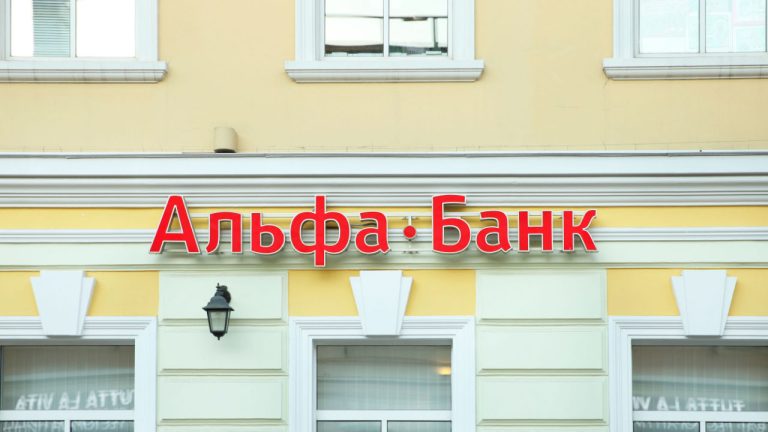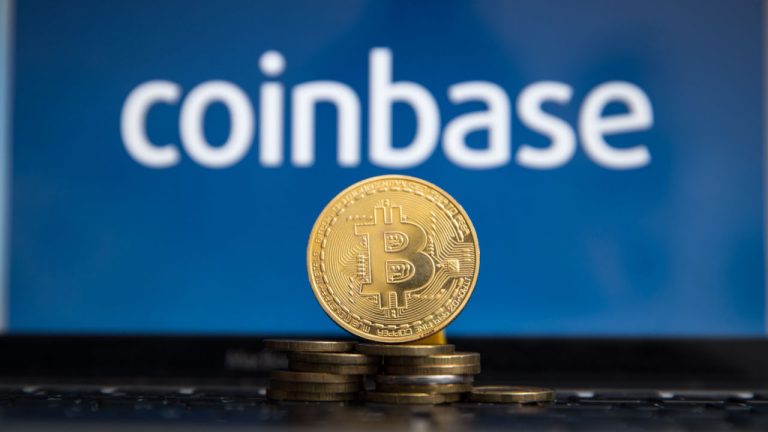
The Howey test’s impact on cryptocurrency, explained — legal implications, compliance requirements and more.
What is the Howey test?
The Howey test is a legal test used in the United States to determine whether a transaction qualifies as an investment contract and, thus, is considered a security under federal law. The test was established by the U.S. Supreme Court in SEC v. W.J. Howey Co. (1946), and it has since been applied in numerous cases to determine whether various financial arrangements and offerings constitute securities.
According to the Howey test, a transaction must contain an investment of funds in a group venture with the expectation that all gains will come from group efforts. A transaction is deemed a security if it satisfies these requirements, in which case it is subject to federal securities laws and regulations.
Understanding the criteria for a security
The test involves three key criteria that must be met in order for a transaction to qualify as a security, as discussed below:
The first criterion is a financial investment, which means that participants in the transaction must be risking their own money. This comprises both financial and in-kind investments.
The second requirement is a shared enterprise, which denotes that the financial success of the investors is somehow connected. This can be proven by providing evidence of the investors’ resource pooling or reliance on a third party to manage their investments.
The third criterion is an expectation of profits solely from the efforts of others, which means that the investors are relying on someone else to generate a return on their investment. This could include, for example, profits generated by a third-party manager or profits generated by the efforts of a particular group or organization.
Coincidence? On the same day as the Ethereum Merge, SEC chair Gary Gensler says proof-of-stake cryptocurrencies could be seen as a security under the Howey test. https://t.co/D24G9edoc7
— Cointelegraph (@Cointelegraph) September 16, 2022
The implications of the Howey test for cryptocurrency: Is it a security or not?
The implications of the Howey test for cryptocurrency are significant, as the test provides a framework for determining whether a particular cryptocurrency offering should be classified as a security under U.S. law. If a cryptocurrency offering meets the criteria outlined in the Howey test, it may be considered a security and subject to federal securities laws.
This has important ramifications for crypto businesses and investors since breaking federal securities laws can result in penalties, legal action and reputational harm to the business. To make sure they are in compliance with federal securities laws, cryptocurrency companies should carefully consider the Howey test before creating their offerings.
Related: Crypto and securities: New interpretation of US Howey test gaining ground
Tokens that do not pass the Howey test are considered utility tokens that provide investors with access to a future product or service or can be redeemed for discounted fees. While utility tokens are typically not considered securities, the SEC has suggested that the presence of a utility token framework does not necessarily mean that a project is exempt from being classified as a security.
Ultimately, the implications of the Howey test for cryptocurrency will depend on how regulators choose to apply the test in practice and how cryptocurrency companies choose to structure their offerings to comply with federal securities law.
Compliance with federal securities laws: What cryptocurrency companies need to know
Cryptocurrency companies need to be aware of the federal securities laws in the United States to ensure compliance with them. Here are some key things to keep in mind:
- Securities laws apply to cryptocurrencies: Several cryptocurrencies are seen as securities by the Securities and Exchange Commission. This implies that cryptocurrency businesses must abide by federal securities laws, including the requirements for registration and disclosure.
- Token offerings may be subject to securities laws: It can count as a securities offering if a cryptocurrency company sells tokens to the general public in return for cash or other assets. As a result, the business would have to adhere to securities rules, which would include registering the offering with the SEC.
- The use of funds must be disclosed: A cryptocurrency company must state its financial goals when raising money through a securities offering. The business must also keep investors informed about how the money is being used.
- Trading platforms may be subject to securities laws: Exchanges for securities may include cryptocurrency trading platforms that let users purchase and sell tokens. If so, the platform would have to file an SEC registration form and adhere to other securities regulations.
- Penalties for non-compliance can be severe: Significant penalties may be imposed for non-compliance: A cryptocurrency corporation might incur severe consequences, such as fines and legal action if it violates federal securities regulations.
Therefore, cryptocurrency companies need to be aware of and comply with federal securities laws in the United States. This includes understanding whether their tokens are considered securities, disclosing the use of funds, and complying with registration and disclosure requirements.










